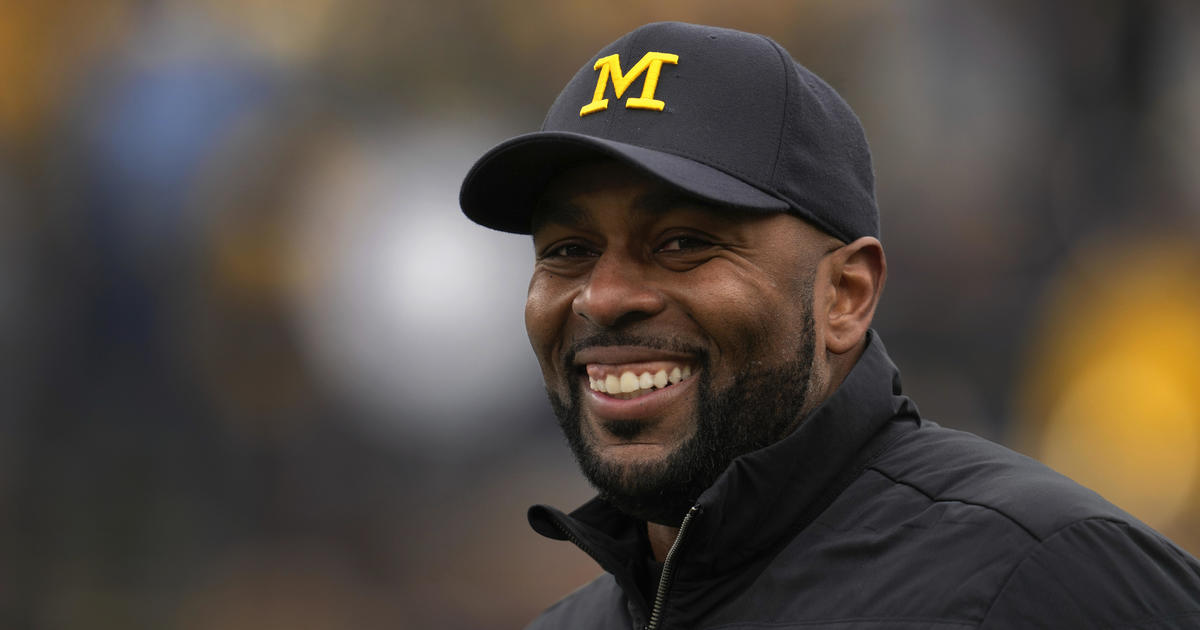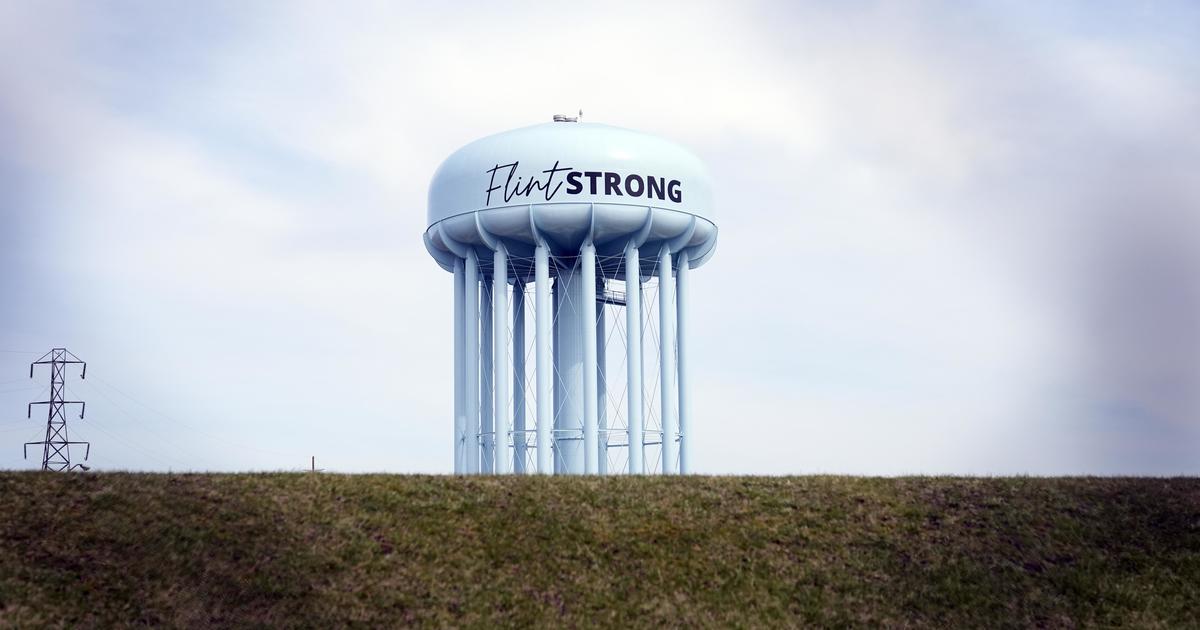MSU, Sparrow Join To Train Medical Examiners
Aiming to improve the quality of death investigations in the United States, Michigan State University and Sparrow Health System are teaming to provide first-of-its-kind training for medical examiners.
The training, funded by a $442,590 grant from the National Institute of Justice, will encompass two sessions in Michigan. Ultimately, the program could be expanded to serve as a national model.
Many medical examiners are unfamiliar with best practices, which can negatively affect death investigations, limit the ability to prosecute criminal cases and leave surviving family members with unanswered questions, said Joyce deJong, Sparrow medical director of forensic pathology and medical examiner for seven Michigan counties.
David Foran, director of MSU's Forensic Science Program, said the goal of the training is to begin in Michigan and get every county medical examiner's office involved so they're familiar with these practices, as well as resources available to them.
"Getting more medical examiners and coroners trained properly will likely have a significant impact on death investigations," Foran said. "Quite simply, it could mean more convictions when convictions are warranted by the evidence and more acquittals when they are warranted."
In their grant proposal, deJong and Foran highlighted several cases that did not follow best practices, including one in southwest Michigan where a medical examiner failed to order an autopsy on an 18-year-old woman whose urine screen was positive for opiates. Because an autopsy was not performed, the accused drug supplier was acquitted by a jury.
In another case, an alleged drunk driver collided with another vehicle in mid-Michigan, killing one of the occupants. Because an autopsy was not performed on the victim and the cause of death was not determined, the driver could not be prosecuted.
Had the medical examiners followed the standards set by the National Association of Medical Examiners, or NAME, autopsies would have been completed and the questions raised before and during the trials would have been answered, the proposal says.
In other situations, if standards are not followed evidence may not be identified or may be inadmissible, toxicology results may not be interpreted correctly and vital areas of the body such as the neck may not be examined for injury, deJong said.
In Michigan, only six counties are accredited by NAME, leaving some 93 percent of the state's residents "subject to tremendous unevenness in quality of service, as the majority of medical examiner offices do not adhere to best practices," the report states. This has resulted in "countless" instances where critical information from a scene investigation or an autopsy was overlooked or a needed autopsy was not ordered.
While some states and regions have strong forensic pathology programs, deJong said inconsistent quality is a problem across much of the nation. Requirements also vary widely by state. In Michigan, a medical examiner is appointed by county commissioners and must be a physician, although not necessarily one trained in forensic pathology. In some states that role is filled by a coroner -- an elected position whose only requirement may be a GED.
The policies and procedures emphasized by NAME accreditation represent minimum standards designed to help offices develop and maintain high-quality death investigations. But even if ME or coroner offices lack the resources to pursue accreditation, they can at least learn and begin to follow best practices through the MSU-Sparrow training, deJong said.
The training sessions will take place in 2011 -- one in the spring at MSU and one in the fall in conjunction with the Michigan Association of Medical Examiners' annual meeting in Mount Pleasant. The training is free for participants and provides continuing medical education credits.
Foran said MSU faculty members will speak on their specialized expertise, such as forensic entomology (the role of insects in crime scene investigations), and forensic anthropology (identification through skeletal remains), while Sparrow's board-certified forensic pathologists will cover best practices for medical examiners.
Although Foran and deJong have worked together for years, the training program is the first official joint project stemming from the MSU/Sparrow Center of Excellence for Forensic Science and Medicine.
(c) 2010, WWJ Newsradio 950. All rights reserved.



